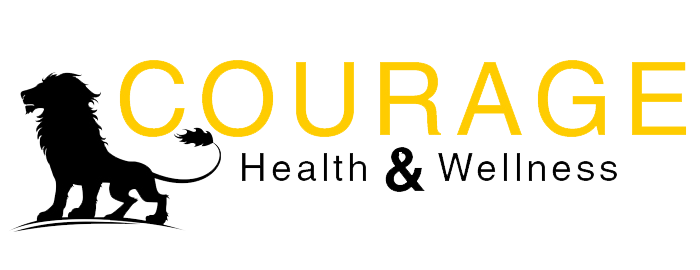Want to Keep Your Memory Strong? Start Doing This by 55

Want to Keep Your Memory Strong? Start Doing This by 55
Aerobic exercise may improve episodic memory in late adulthood (ages 55 to 68).
Posted February 21, 2022 | By: Christopher Bergland
KEY POINTS
- Episodic memory is “remembrance of things past,” such as when, where, and with whom a specific personal experience occurred.
- As we age, episodic memories and brain health tend to fade. Age-related episodic memory decline usually happens gradually across the adult lifespan.
- A meta-analysis of 36 studies found that aerobic exercise improves episodic memory in late adulthood if people start doing cardio by age 55.
Shakespeare’s “fair youth” Sonnet 30 captures the essence of what it’s like to recall episodic memories. The opening stanza says, “When to the sessions of sweet silent thought, I summon up remembrance of things past.” After reminiscence of loss and regret, the poem ends on an optimistic note, “But if the while I think on thee, dear friend, All losses are restor’d, and sorrows end.”
Unfortunately, summoning happy and restorative memories of the people and places of our past gets harder as “fair youth” turns to old age. Episodic memories tend to fade over time. Crystal clear recollections of precisely when, where, and with whom something happened get fuzzier as we get older.
Age-related memory decay occurs gradually across the adult lifespan. Notably, one of the first cognitive domains to decline in late adulthood is episodic memory.
Staying Active Keeps You Strong—Especially If You Start Sooner Than Later
A recent systematic review and meta-analysis of 36 studies involving 2,750 participants found that aerobic exercise improves episodic memory in late adulthood. These findings (Aghjayan et al., 2022) were published on February 17 in the peer-reviewed journal Communications Medicine.
“Aerobic exercise positively influences episodic memory among adults ≥55 years without dementia,” the University of Pittsburgh authors explain.
Cardio workouts were most effective at improving episodic memory if people were in their mid-50s and exercised regularly three times a week for at least 18 weeks.
Don’t Wait Till You’re 69 to Start Doing Cardio
“We found that there were greater improvements in memory among those who are age 55 to 68 years compared to those who are 69 to 85 years old—so intervening earlier is better,” first author Sarah Aghjayan said in a news release.
“Everyone always asks, ‘How much should I be exercising? What’s the bare minimum to see improvement?'” she added. “From our study, it seems like exercising about three times a week for at least four months is how much you need to reap the benefits in episodic memory.”
More research is needed to pinpoint exactly how long (duration) and how vigorously (intensity) people should be doing cardio to improve episodic memory. Some research studies suggest that high-intensity interval training (HIIT) has the most memory-boosting power.
In contrast, other studies indicate that as little as 15 minutes of moderate-to-vigorous physical activity (MVPA) a few times a week can offset cognitive decline.
Due to a lack of high-quality human research data on the dose-response of different exercise intensities, this meta-analysis was unable to glean insights about the optimal duration and intensity of cardio workouts to improve episodic memory and brain health in late adulthood.
Take-Home Message
Doing cardio at any intensity for 15-90 minutes three times per week for at least four months appears to improve episodic memory and brain health for people ages 55 to 68.
Because there aren’t pharmaceutical treatments that can prevent or reverse episodic memory and brain health deterioration, Aghjayan et al. posit that aerobic exercise is a valuable non-pharmaceutical way to sustain episodic memory as we age. Their meta-analysis of three dozen studies also suggests that starting by age 55 seems to be key.
Disclaimer: This blog post is not intended as medical advice. Before starting any new workout regimen, consult with your healthcare provider—especially if you’re in late adulthood and haven’t been doing cardio regularly.
References
Sarah L. Aghjayan, Themistokles Bournias, Chaeryon Kang, Xueping Zhou, Chelsea M. Stillman, Shannon D. Donofry, Thomas W. Kamarck, Anna L. Marsland, Michelle W. Voss, Scott H. Fraundorf, Kirk I. Erickson. “Aerobic Exercise Improves Episodic Memory in Late Adulthood: A Systematic Review and Meta-Analysis.” Communications Medicine (First published: February 17, 2022) DOI: 10.1038/s43856-022-00079-7
